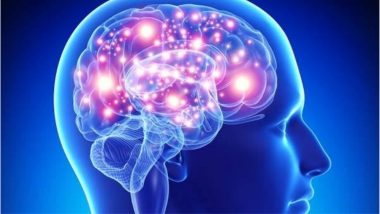While most organisms thrive with small brains or none, the human brain is disproportionately large. Sustaining a big brain is costly as it consumes a fifth of energy in the human body. Scientists have long been bewildered by this oddity that the human species opted to sacrifice a degree of body growth for more cerebral capacity.
Scientists said the human brain expanded mainly in response to environmental stresses that forced our species to come up with innovative solutions for food and shelter and pass the lessons on to our offspring. “The large human brain is more likely to stem from ecological problem-solving and cumulative culture than it is from social manoeuvring,” said co-author Mauricio Gonzalez-Forero of the University of St. Andrews in Scotland in the paper published in Nature.
From our ape-like ancestors to modern Homo sapiens, the human brain has tripled in size. But feeding such a big brain has been suggested to come at the cost of slow body growth in childhood – leaving our young dependent and vulnerable for longer than other animals. The findings challenge a popular theory that the thinking organ grew as social interactions between human became more complex.
(The above story first appeared on LatestLY on May 24, 2018 11:28 PM IST. For more news and updates on politics, world, sports, entertainment and lifestyle, log on to our website latestly.com).













 Quickly
Quickly


